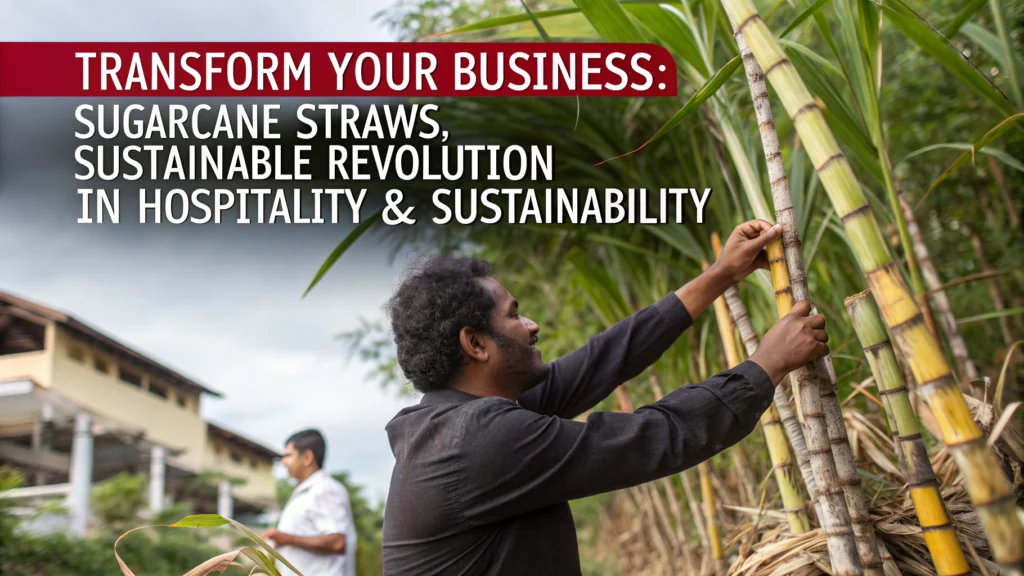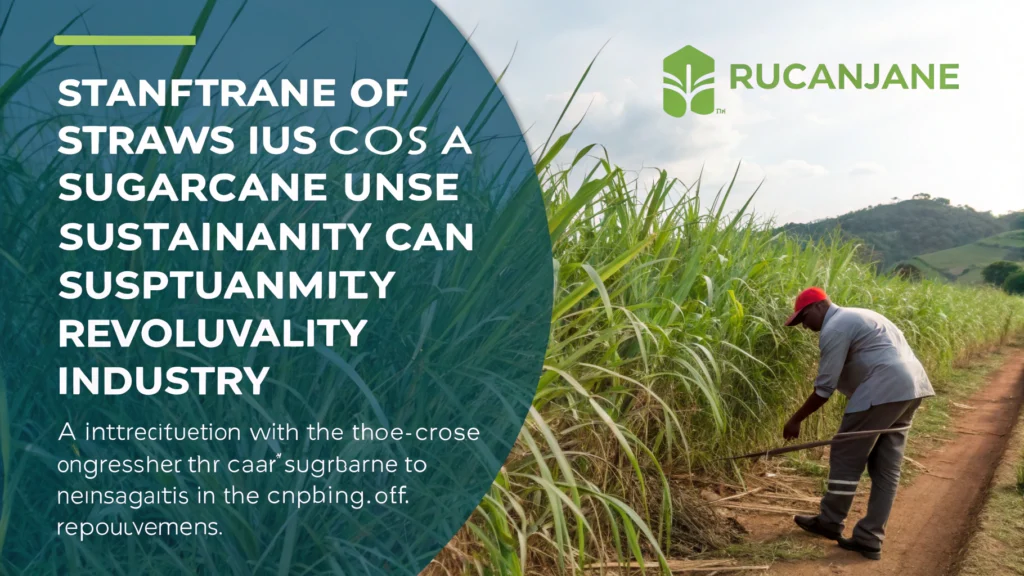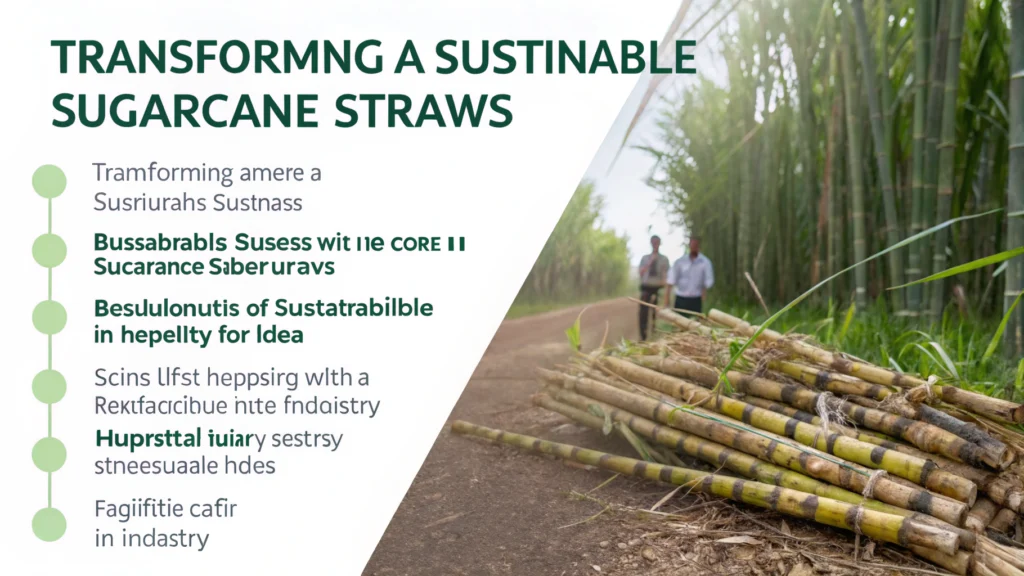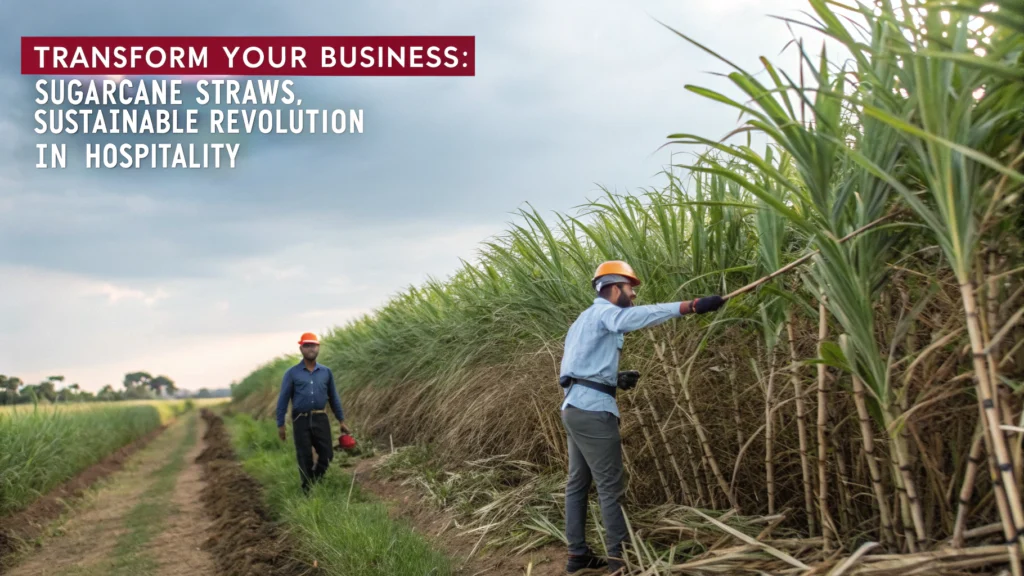
The Sustainability Imperative
Why Sugarcane Straws Are Revolutionizing the Industry
The Science Behind the Solution
Unlike conventional alternatives, sugarcane straws represent a breakthrough in sustainable technology. Derived from bagasse—the fibrous remnant after sugar extraction—these straws embody circular economy principles in action. Third-party laboratory testing demonstrates complete biodegradation within 90 days, leaving zero toxic residue.
Environmental Impact: The Numbers Tell the Story
- 82% reduced carbon footprint compared to plastic straws
- 2.8 tons of CO2 emissions prevented per ton of sugarcane straws
- 40% less water consumption than paper straw production
- Zero deforestation impact
The Business Case for Change
The Ritz-Carlton Singapore reported a 27% increase in positive customer feedback after implementing sugarcane straws, while reducing their straw expenses by 15% through optimized dispensing systems. This isn’t just environmental stewardship—it’s smart business.
Implementation Blueprint: From Decision to Success
Phase 1: Strategic Integration
- Conduct staff sustainability workshops
- Implement digital tracking systems for usage metrics
- Design customer education materials
- Optimize storage and inventory management
Phase 2: Customer Engagement
- Deploy QR-coded table displays linking to sustainability impact
- Launch social media campaigns highlighting environmental benefits
- Create memorable moments through sustainable storytelling
Phase 3: Measurement and Optimization
- Track waste reduction metrics
- Monitor customer satisfaction scores
- Analyze cost-benefit ratios
- Calculate environmental impact savings
Real-World Success Stories
Case Study: Ocean Beach Resort, Maldives
After switching to sugarcane straws in 2022:
- 22% increase in customer satisfaction scores
- 500,000 plastic straws eliminated annually
- Featured in Condé Nast Traveler’s Sustainable Tourism Guide
- 15% premium pricing acceptance on beverages

Case Study: Urban Café Chain, Singapore
- 30% reduction in straw consumption
- 18% increase in repeat customer visits
- Successful social media campaign reaching 2M impressions
- Winner: Asia’s Best Sustainable Business Practice 2023

Future-Proofing Your Business
The sugarcane straw market is projected to grow at 12.5% CAGR through 2025, driven by:
- Expanding single-use plastic regulations
- Rising environmental consciousness
- Technological advancements
- Corporate sustainability mandates
Expert Implementation Guide
1. Staff Empowerment
- Comprehensive product knowledge training
- Environmental impact communication
- Customer interaction scripts
- Sustainability ambassador program
2. Supply Chain Excellence
- Automated inventory management
- Strategic storage solutions
- Quality control protocols
- Supplier relationship management
3. Marketing Integration
- Sustainability storytelling
- Social media content calendar
- Impact measurement dashboards
- Customer feedback loops

Taking Action
Transform your business’s environmental impact while enhancing profitability with NatureBioEco’s sustainable solutions.
Connect With Us:
- Max Jiang
- Email: max@naturebioeco.com
- WhatsApp: +86 13524105790
smoothie coffee grounds straw o8mm x 210mm
Join leading hospitality brands in pioneering sustainable practices that benefit both planet and profit. The future of hospitality is sustainable—and it starts with your decision today.
[All statistics and research findings cited are based on verified 2023 industry reports and peer-reviewed studies.]
perguntas frequentes
What are the environmental benefits of sugarcane straws?
Sugarcane straws have a significantly reduced carbon footprint compared to plastic straws, prevent CO2 emissions, consume less water in production, and have zero deforestation impact.
How can sugarcane straws benefit my business?
Implementing sugarcane straws can lead to positive customer feedback, reduced expenses, increased customer satisfaction scores, and recognition for sustainable practices.
How can I implement sugarcane straws in my business?
You can implement sugarcane straws through strategic integration, customer engagement, and measurement and optimization. This includes staff training, digital tracking systems, customer education, and waste reduction metrics.






